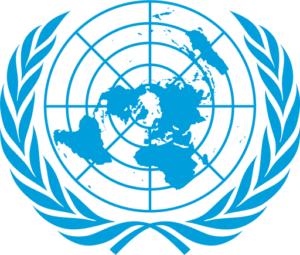United Nations IPCC Releases Climate Change Synthesis Report

The Intergovernmental Panel on Climate Change (IPCC), a United Nations group dedicated to researching the science behind climate change, recently released the fourth and final installment of its Sixth Assessment Report (AR6). The AR6 Synthesis Report summarizes the contributions of three working groups: The Physical Science Basis of Climate Change, Impacts, Adaptation and Vulnerability, and Mitigation of Climate Change.
Key takeaways from the report:
- Emissions of greenhouse gases through human activities have undoubtedly caused global warming. These emissions are continuing to increase due to unsustainable energy use, land use, lifestyles and patterns of consumption and production across regions, between and within countries, and among individuals. Global surface temperature have reached 1.1°C above 1850–1900 temperatures in 2011–2020.
- Human activity has likely increased the frequency and intensity of droughts, heavy precipitation events, and tropical cyclones, and is currently influencing weather and climate extremes in every region across the planet, with resultant damages to humans and nature.
- Some future changes will be unavoidable, but can be limited with severe reductions in greenhouse gas emissions. Reaching 1.5°C is expected, with each increment of warming increasing hazard severity.
- Rapid reductions in greenhouse gas emissions in this decade are necessary to secure a sustainable future, and actions taken now will have impacts now and in thousands of years. Reductions in emissions in this decade would reduce projected losses and damages for humans and ecosystems.
Specific to water:
- Climate change has caused an increase and is projected to increase water-borne disease outbreaks.
- Extreme weather events as a result of climate change will continue compromising water infrastructure.
- Human health will benefit from integrated mitigation and adaptation options that mainstream health into food, infrastructure, social protection, and water policies.

